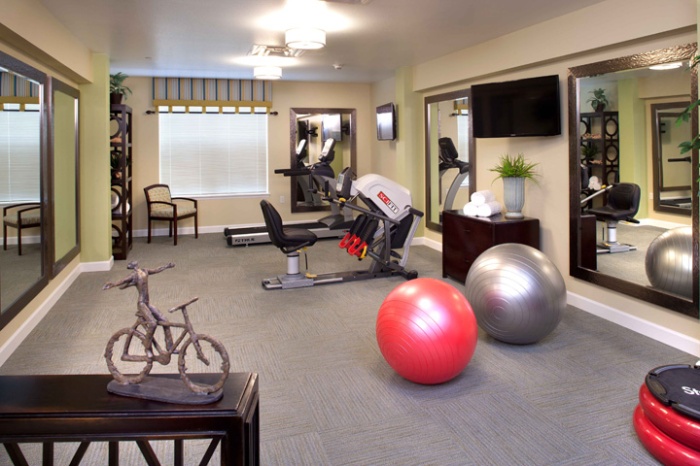
While most elderly adults are not going to participate in a triathlon, they do want to be as physically fit as possible. In several interesting studies conducted by Joseph Baker, and reported on by the Washington Post, he looks at the question of whether “age decline is a result of simply getting older or being sedentary.” Baker, a professor at the School of Kinesiology and Health Science at York University in Toronto, and his team of researchers wanted to know why some 70-year-olds can still compete in vigorous athletic competitions while others get winded walking up a flight of stairs.
Baker based the premise of his research on a pivotal 1996 Stanford University study that still serves as the biomarker for the aging process more than twenty years later. The Stanford study analyzed age-related decline by looking at individuals’ “number of muscle cells, DNA repair, fingernail growth and physical activity.” Researchers found that participants had a 0.5 percent decline per year in these factors.
One of the studies that Baker and his team of Canadian researchers did in 2010 is titled “Do or Decline.” It was published by the Journal of Health Psychology and involved more than 12,000 adults. Participants were asked a series of questions on issues ranging from their health condition, cognitive capacity and social engagement to their physical activity. The study found that “inactivity was a much stronger predictor of functional limitations than either chronic disease or being socially unengaged with life.”
Studies such as these suggest that even moderate levels of physical activity can improve a person’s physiological, psychological and social conditions. Baker explains that research like his may help to debunk the widely held notion that all physical decline experienced by an older adult is a natural part of aging. Furthermore, he asserts that, “Self-efficacy and your belief in your ability to achieve an outcome is very important for predicting performance outcomes and a person’s behavior.”
At MorningStar Assisted Living and Memory Care at Arcadia, our residents have plenty of opportunities to stay active both physically and mentally. We provide a full monthly calendar of wellness activities along with special outings and events. Our community offers 80 suites for assisted living and 30 secure suites devoted to the individualized care of those with Alzheimer’s and other dementia-related diseases.
MorningStar at Arcadia’s mission statement “to honor, to serve, to invest” sets us apart from other senior living options. We have built a foundation on honoring God, valuing our seniors and selecting staff with a felt calling to serve. Set in a warm, loving atmosphere with exceptional architecture and resort-style amenities, MorningStar at Arcadia offers our residents the best assisted living in Phoenix AZ.
